Overview
One of the greatest challenges in cancer medicine is understanding and predicting the trajectory of individual cancers.
As a multi-disciplinary group of cancer geneticists, computational biologists and clinician scientists we are using methods from evolutionary biology to understand the variable natural history of individual cancers, and most critically the emergence of metastases and drug resistance.
We are applying evolutionary principles to the question by studying the forces that shape cancer evolution and use this knowledge to improve patient outcomes.
We are focusing on two cancers, renal cell carcinoma (RCC), which is the most common type of kidney tumour, and melanoma, the most aggressive type of skin cancer. RCC and melanoma exhibit a wide spectrum of clinical behaviour, some are indolent, others extremely aggressive and we want to know how this relates to their evolutionary trajectory.
Our primary aim is to enhance patient outcomes by applying a deep evolutionary understanding of cancer.
Featured Publications
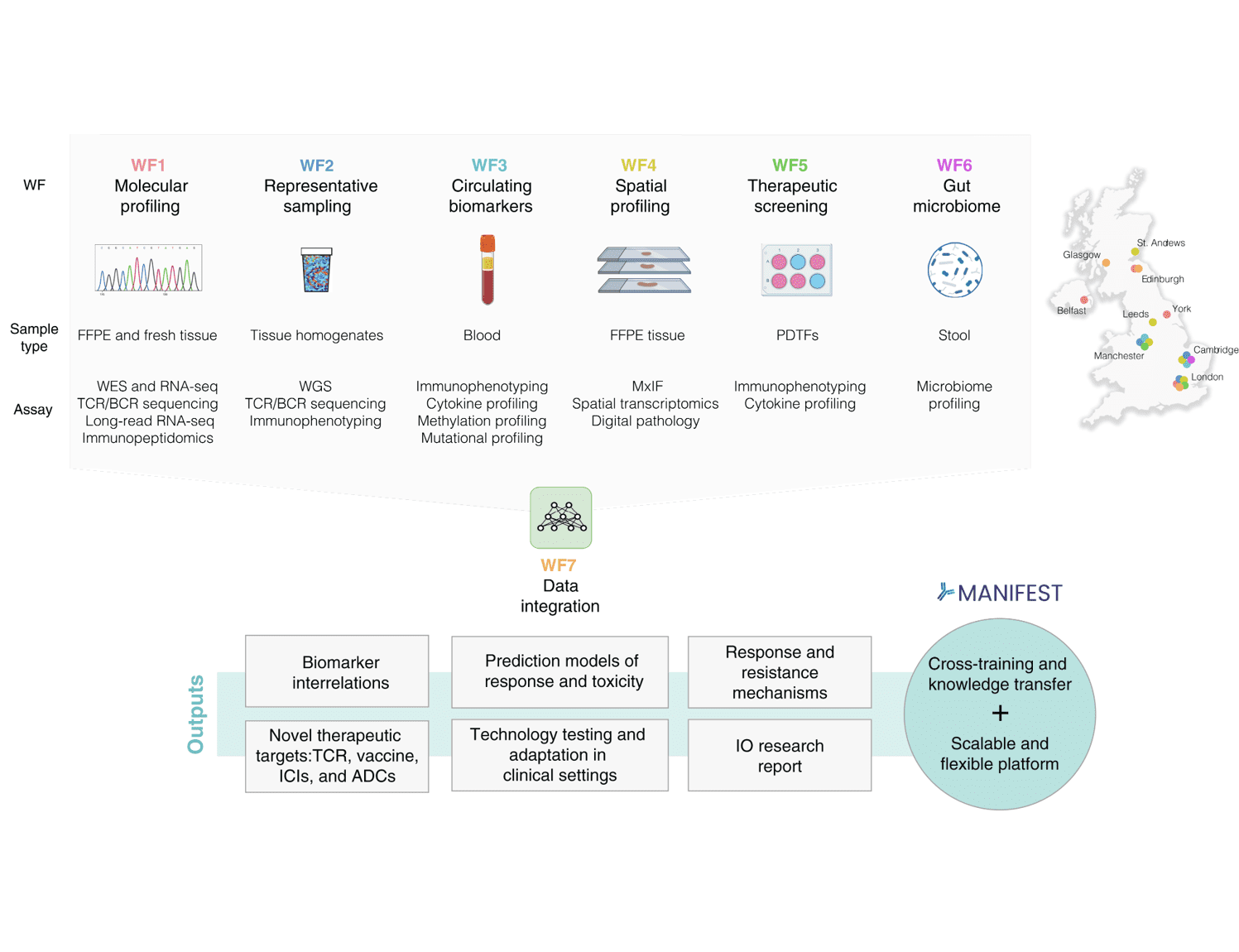
MANIFEST: Multiomic platform for cancer immunotherapy
1st May 2025
MANIFEST (Multiomic ANalysis of Immunotherapy Features Evidencing Success and Toxicity) aims to build a robust platform of standardised biomarkers that will help predict response, resistance and toxicity and contribute to optimise the use of current and future immunotherapies.
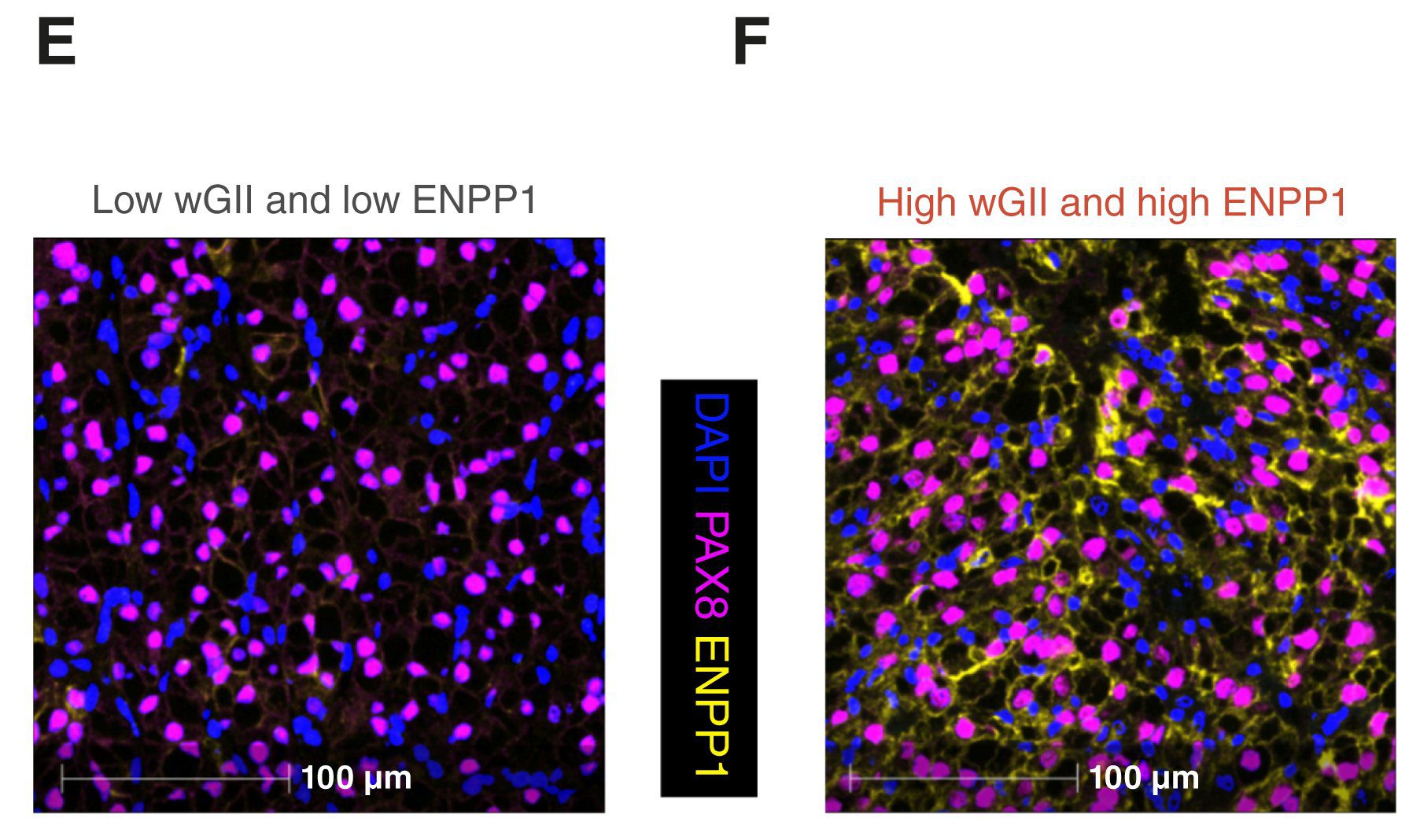
Tracking nongenetic evolution from primary to metastatic ccRCC: TRACERx Renal
3rd March 2025
Using joint genomic–transcriptomic analysis of 243 samples, authors reveal recurrent patterns of nongenetic evolution in ccRCC not exclusively governed by genetic factors, including T-cell depletion, tumor T-cell receptor coevolution, and increased cell proliferation.
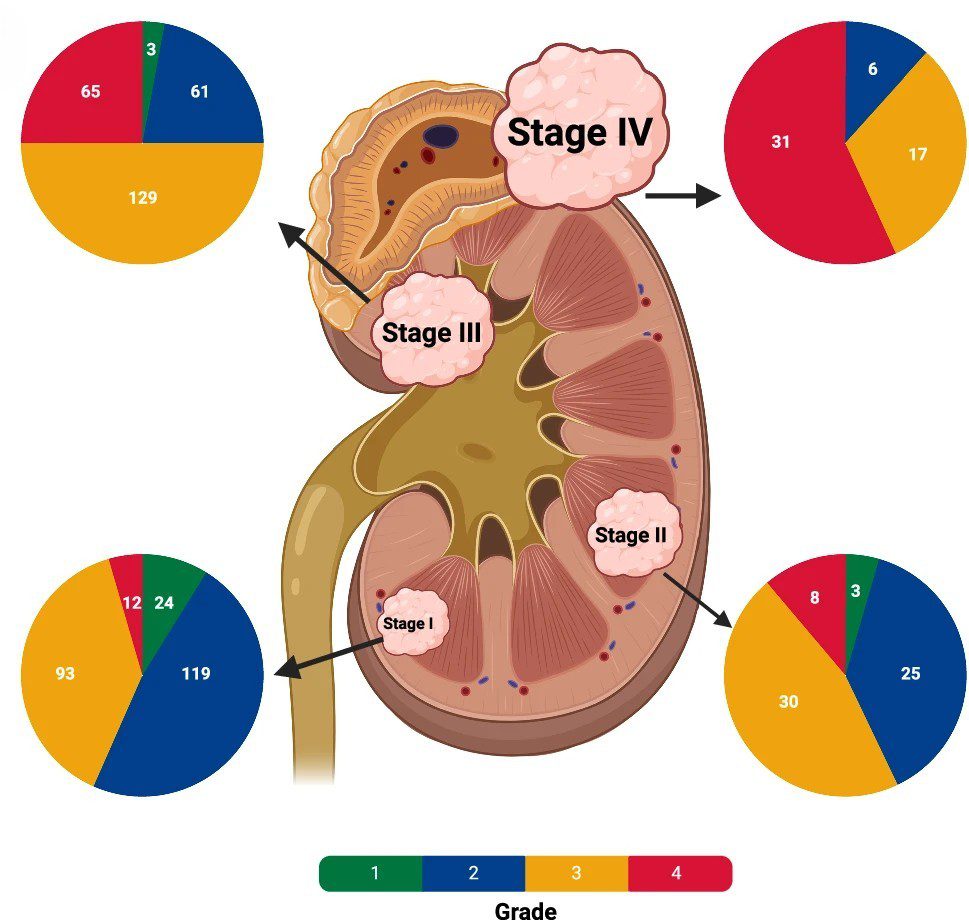
Whole genome sequencing refines stratification and therapy of patients with clear cell renal cell carcinoma
15th July 2025
This study represents a comprehensive description of the genomic landscape of ccRCC by utilising a large cohort of WGS samples that incurs a limitation to the analysis. While authors did not identify any new mutational signatures, analysis provides further support for tobacco smoking being a risk factor for ccRCC.
We strive to:
- Predict and personalise treatment: develop accurate predictive models to tailor treatments based on individual cancer evolution.
- Uncover mechanisms of resistance: identify and understand the genetic and environmental factors that drive resistance to therapies, enabling the development of more effective treatment strategies.
- Innovate therapeutic approaches: utilise insights from our research to innovate new therapeutic approaches, including potential vaccines and personalised medicine, that can disrupt cancer evolution and improve prognosis.
- Collaborate for comprehensive solutions: work with clinical and pharmaceutical partners to translate our research findings into real-world clinical applications, ensuring that our discoveries lead to tangible improvements in cancer care.
Through these efforts, our lab aims to fundamentally alter the landscape of cancer treatment, making therapies more effective and tailored to individual patient needs, ultimately improving survival rates and quality of life for cancer patients worldwide.
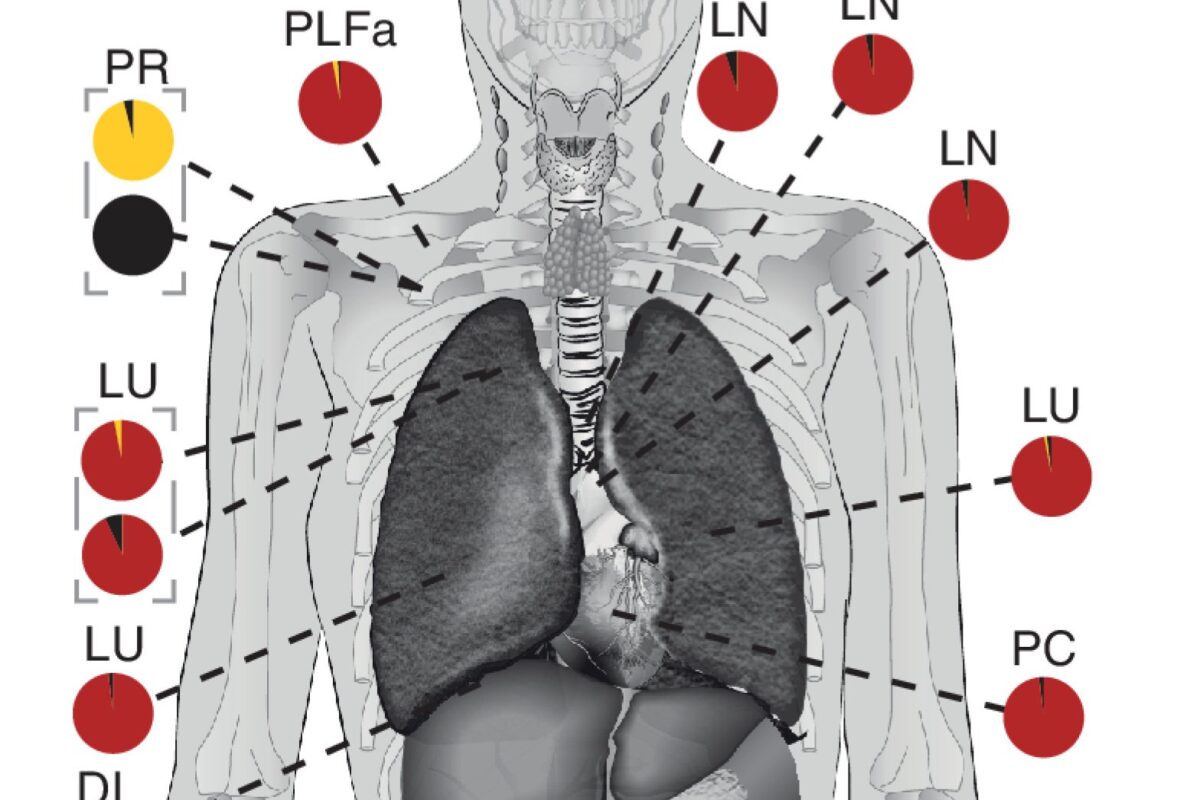
Get in touch
Our vision for world leading cancer research in the heart of Manchester
We are a leading cancer research institute within The University of Manchester, spanning the whole spectrum of cancer research – from investigating the molecular and cellular basis of cancer, to translational research and the development of therapeutics.
Our collaborations
Bringing together internationally renowned scientists and clinicians
Scientific Advisory Board
Supported by an international Scientific Advisory Board
Careers that have a lasting impact on cancer research and patient care
We are always on the lookout for talented and motivated people to join us. Whether your background is in biological or chemical sciences, mathematics or finance, computer science or logistics, use the links below to see roles across the Institute in our core facilities, operations teams, research groups, and studentships within our exceptional graduate programme.





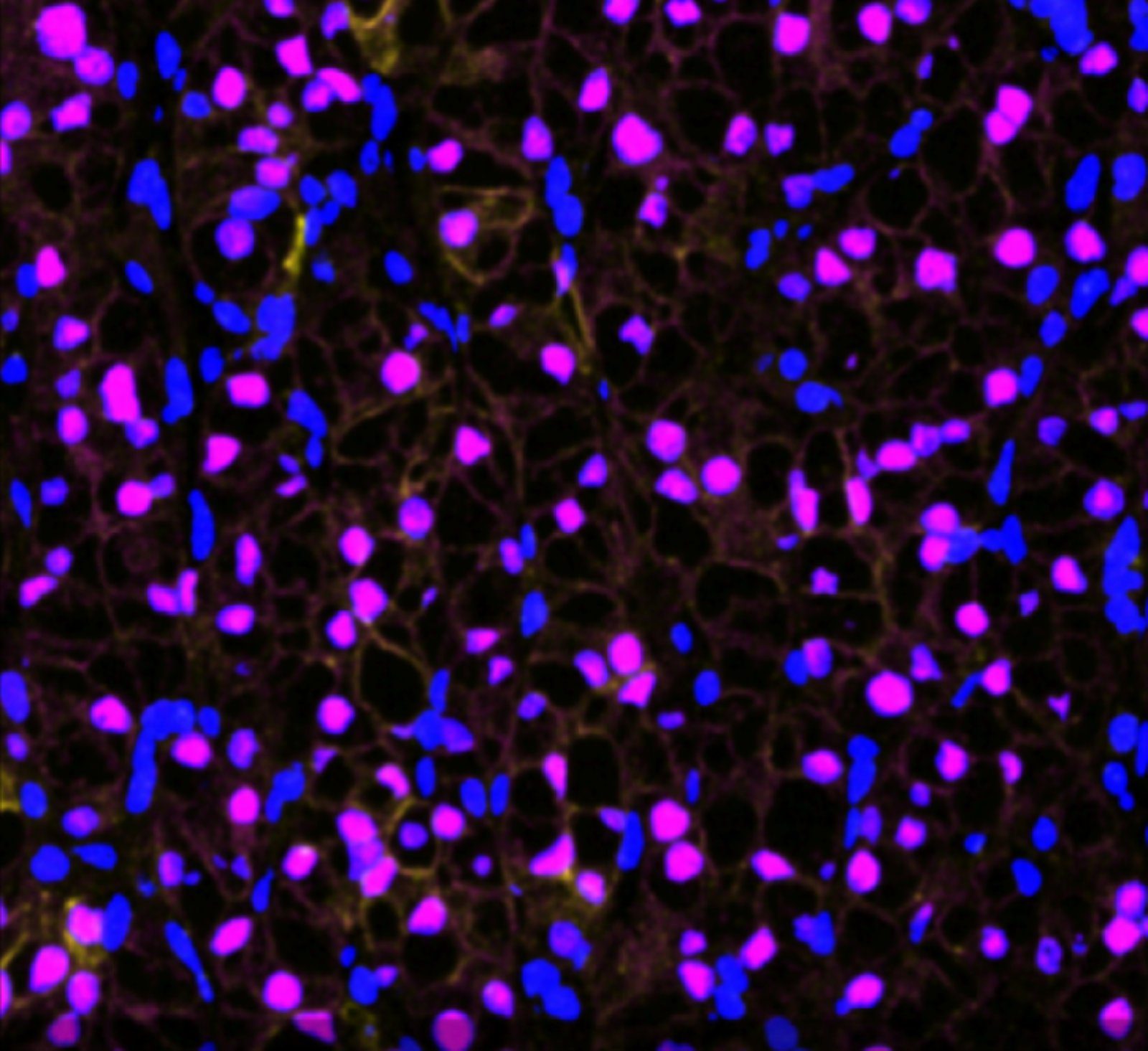
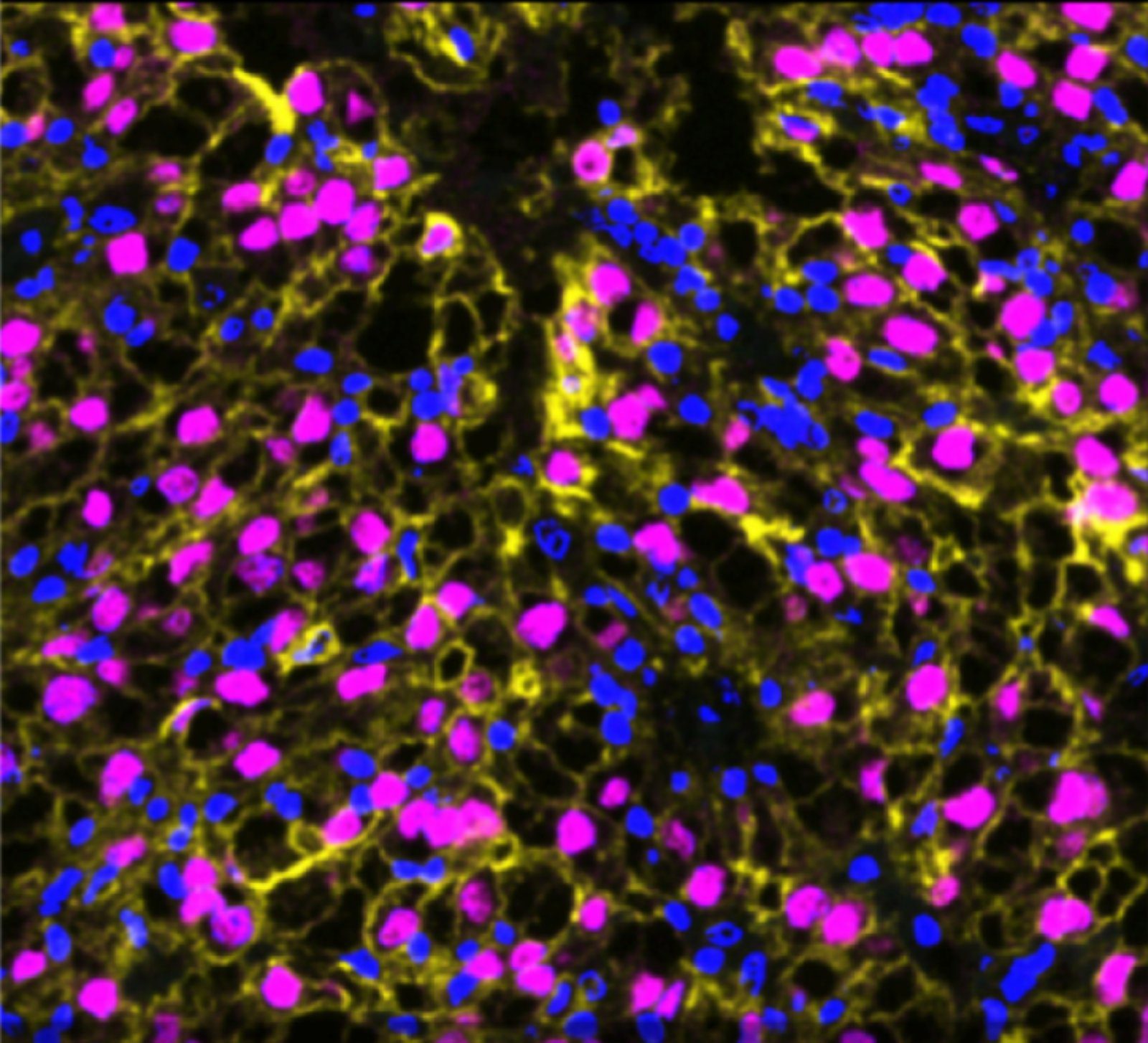
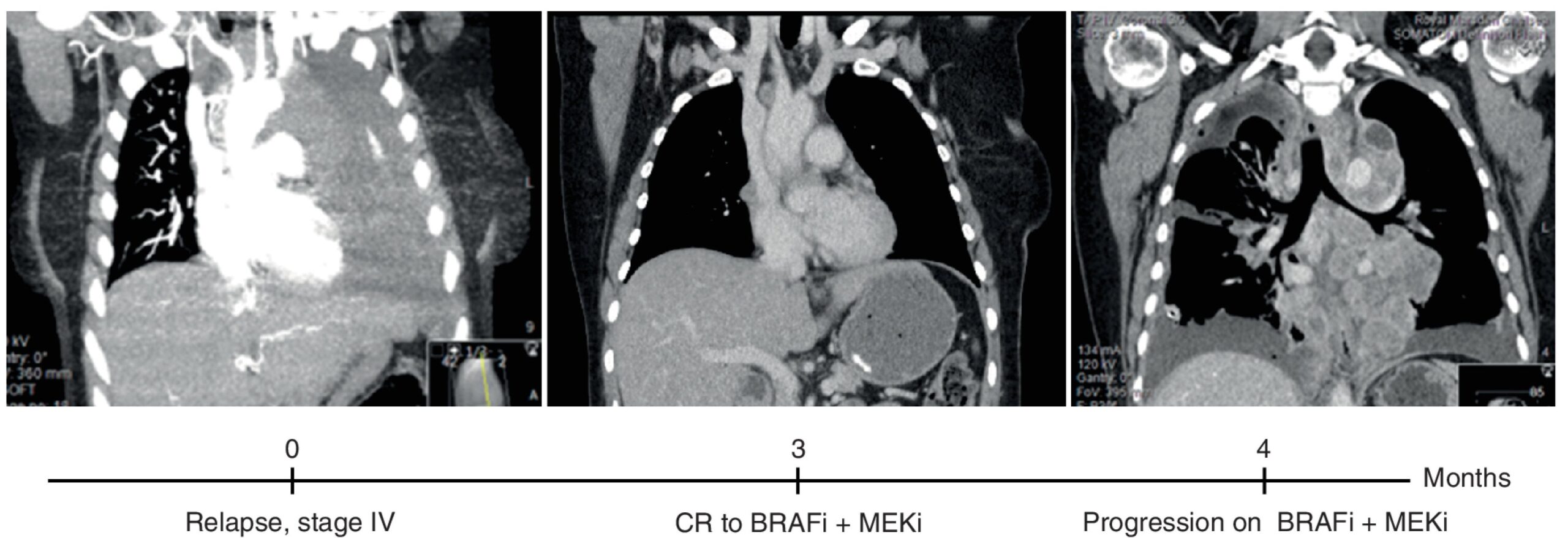

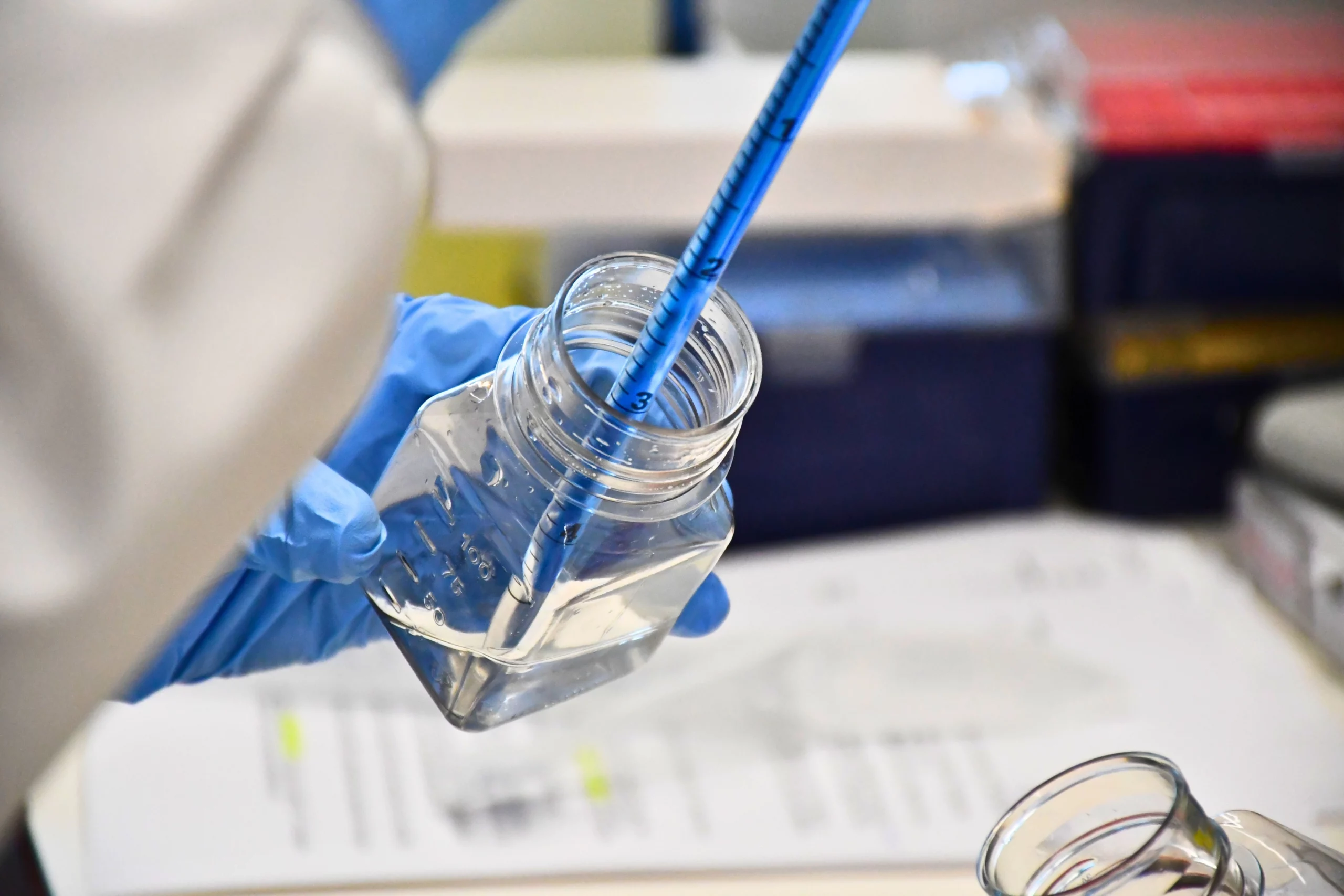

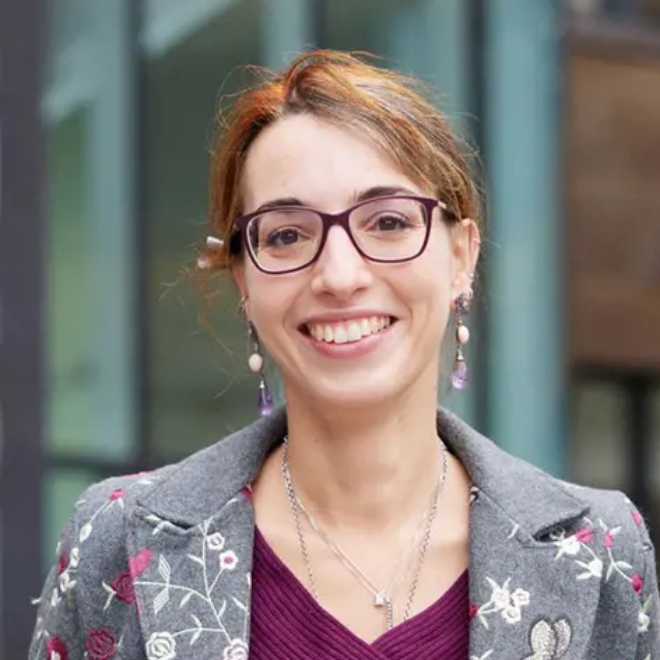
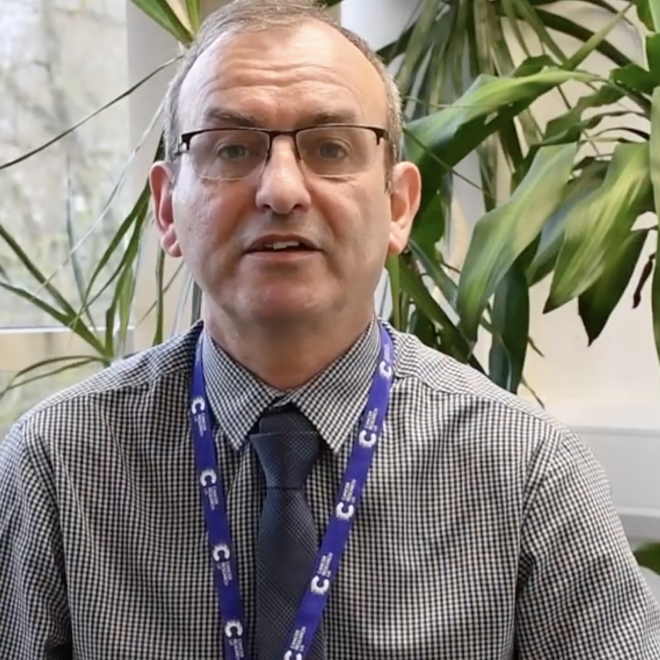
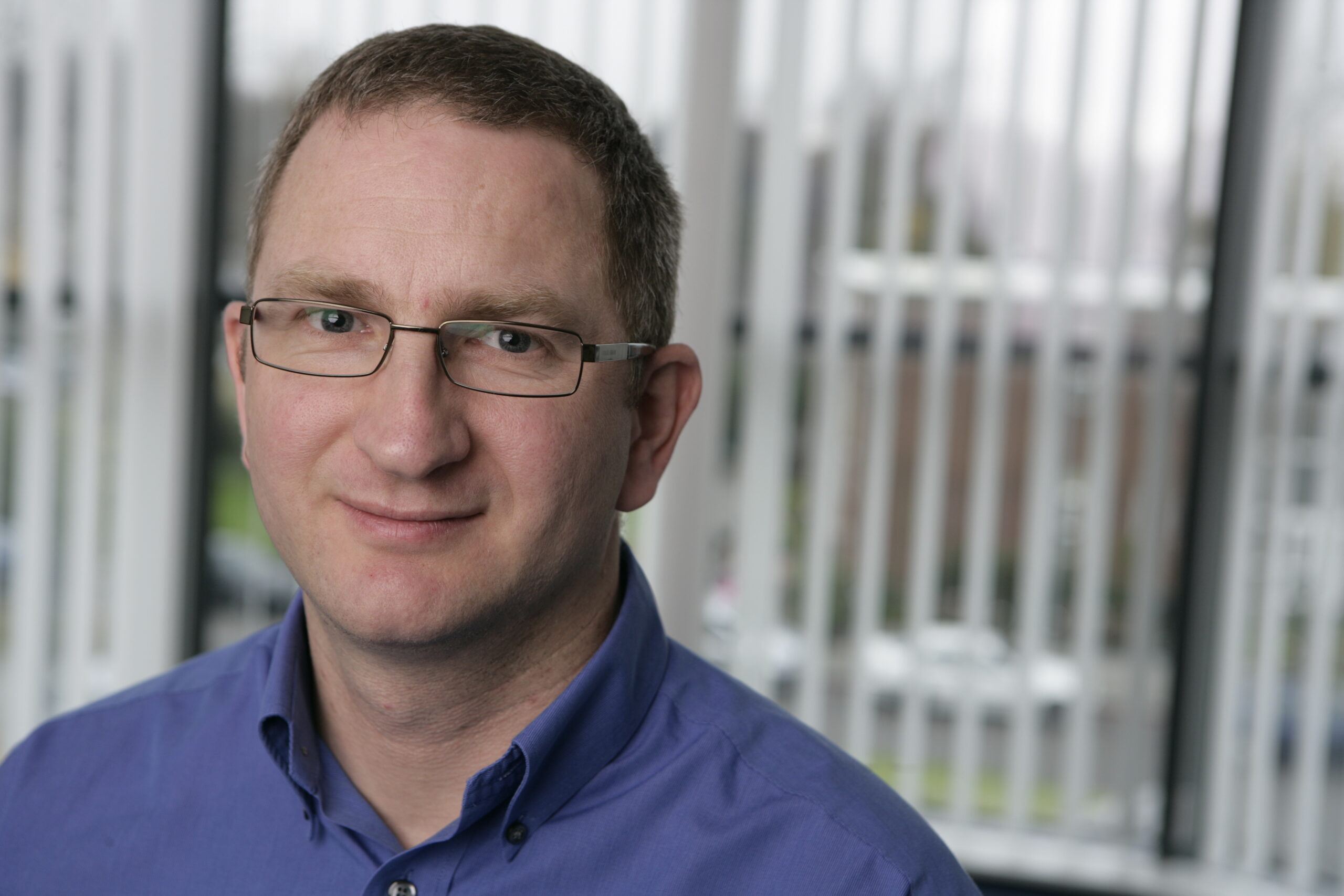
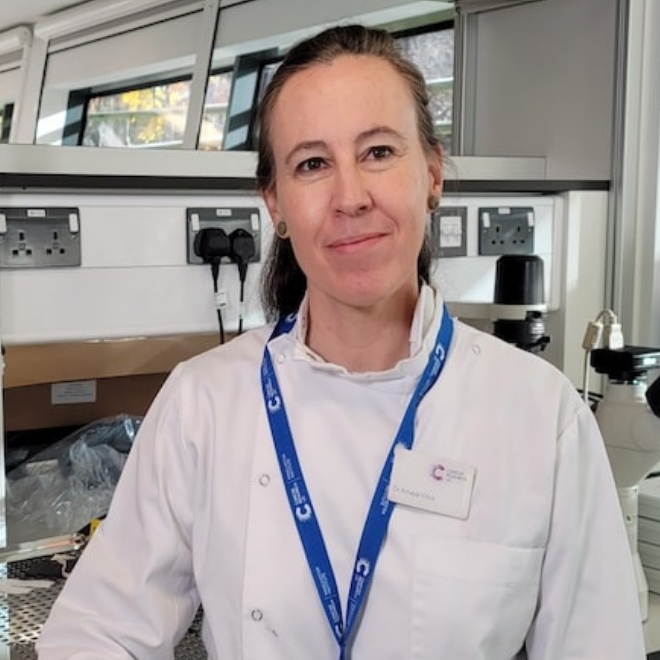
A note from the Group Leader – Samra Turajlić
I’m honoured to be taking on the role of Director of the Cancer Research UK Manchester Institute and look forward to working alongside such a talented community of scientists and clinicians.
Together with its partners, the Institute is poised to deliver transformational cancer research in the coming years. I am excited to lead the Institute in its mission to deliver for people with cancer.